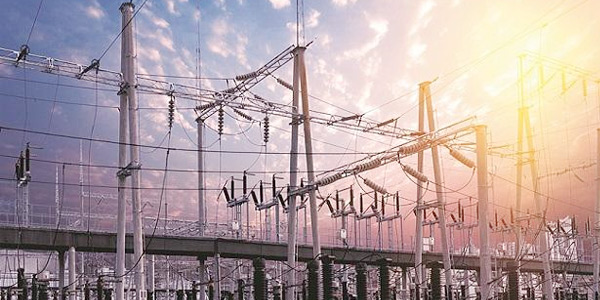Following up on the announcement in the Union Budget, the Ministry of Power is proposing to delicense electricity distribution and allow multiple players in each supplying area. The objective behind the move is to encourage competition and allow consumers the choice of power supplier. They will have the option to choose their preferred discom once the proposal is implemented.
It is an indisputable fact that the electricity distribution sector needs reforms and it is also true that the Government may face resistance from the existing distribution companies as delicensing will bring an end to their current monopoly. But an open market is bound to drive up competition among discoms and the consumers will get the freedom to choose the one offering better services and prices. That will be really healthy!
Still, the delicensing of electricity distribution is fraught with multiple challenges. The Electricity Department may face litigations and planning and regulatory failures which may eventually lead to higher tariffs for the consumers. The discoms are already facing huge losses, multiple litigations and regulatory failures, which will only lower their efficiency.
- The objective is to encourage competition and allow consumers the choice of power supplier. They will have the option to choose their preferred discom once the proposal is implemented.
- The Electricity Department may face litigations and planning and regulatory failures which may eventually lead to higher tariffs for the consumers.
- Multiple electricity distributors in the same area will lead to less accountability for discoms and in the event of a mishap, they will only end up blaming one another.
Delicensing will also lead to unnecessary duplication of resources, which, in turn, will increase the cost of electricity for the consumers. Multiple electricity distributors in the same area will lead to less accountability for discoms and in the event of a mishap, they will only end up blaming one another.
Given the opposition to the proposed delicensing and the likelihood of increase in financial stress of discoms, it would be better if the Government invested in improving the skill-sets of its existing workforce. There is a strong possibility that the distribution network will suffer neglect at a time when its importance for the sector is growing. The Government needs to prepare the power sector for future challenges.
The proposed Bill on delicensing also stipulates that state governments will create a universal service obligation fund in which any surplus with an operator on account of cross-subsidy, cross-subsidy surcharge or additional surcharge will be deposited. Since the Bill has evoked mixed reactions across the nation, it would be worth waiting for the outcome once it is implemented.












